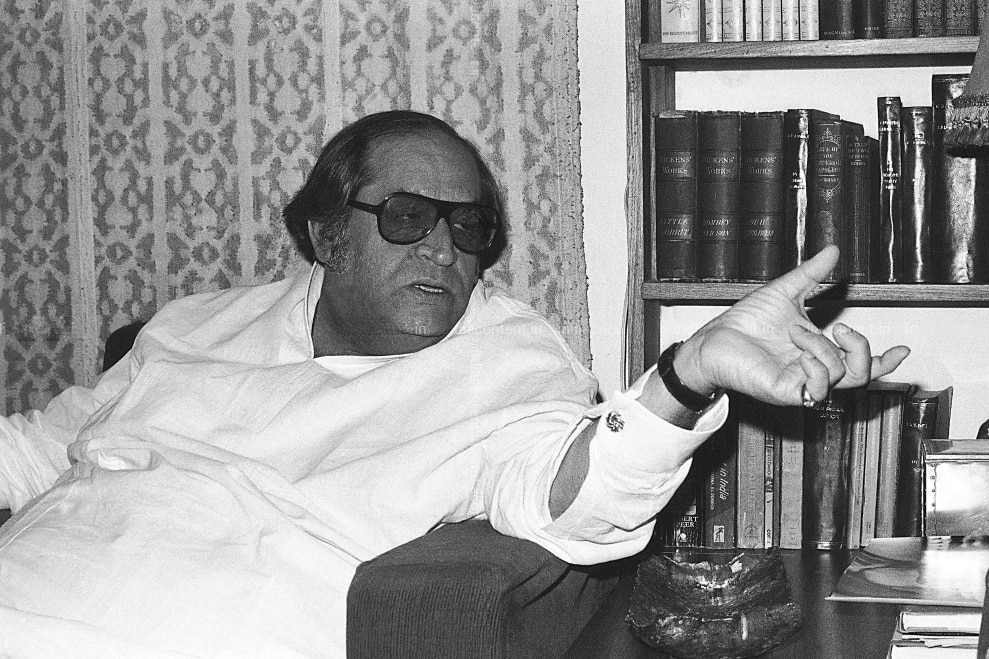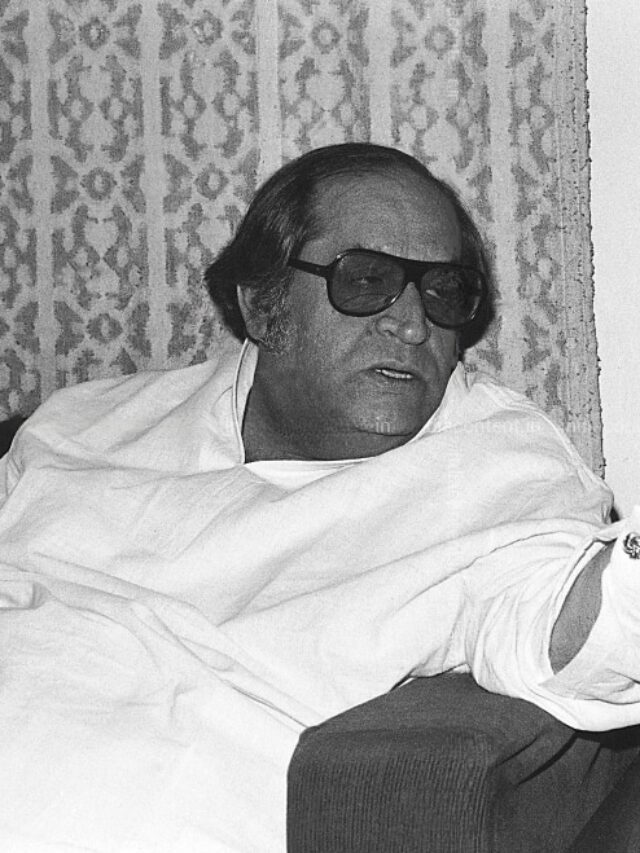Piloo Mody was an Indian author-architect and the founding member of the defunct Swatantra Party. He was born on 14 November 1926 to Parsi businessman Sir Homi Mody. He studied architecture at the Sir JJ School of Architecture (bachelor’s) and the University of California (master’s). He married fellow American student, Lavina ‘Vina’ Colgan, with whom he started their eponymous firm, Mody and Colgan in 1953. He served in the 4th and 5th Lok Sabha. He served in Rajya Sabha from 1978 until he died in 1983. The Piloo Mody College of Architecture is named in his honour.

Piloo Mody Buildings
After returning from California, Piloo Mody devoted himself to realising the untapped potential of the Indian landscape. His first stint was alongside the great Le Corbusier while designing the Chandigarh Capitol Project. Soon, he won the ‘Federation Internationale de la Precontrainte’ accolade for the exemplary use of prestressed concrete for his architectural prowess in designing the Chennai headquarters of Engineering Construction Corporation. Piloo Mody also designed the Oberoi Hotel in New Delhi, alongside Durga Bajpai. For his vision, he recalled international architectural traditions, before settling on precast structural beams, slabs, balcony railings, and louvres, cohesive with the quality of services.
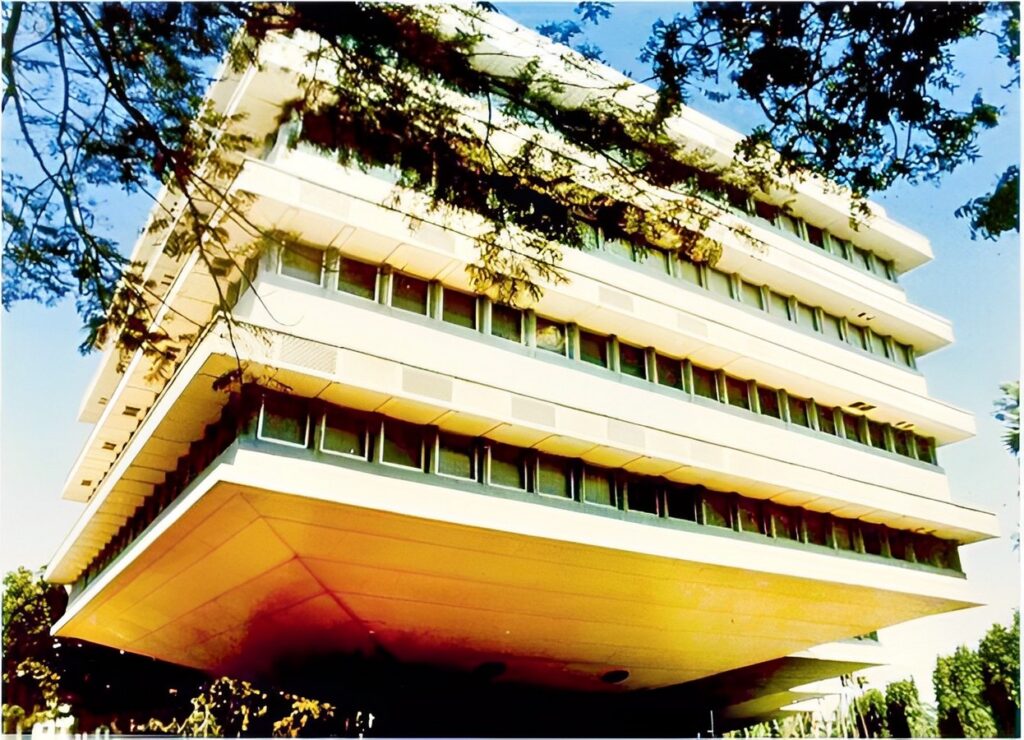
The first official project of his firm, ‘Mody and Colgan’ was a residential apartment for the senior officials at TISCO at the Marine Lines. He was also instrumental in creating the design for the Voltas’ one-ton AC model. He has also designed the headquarters of Bharat Bijlee, Voltas, Mukand Iron and Steel, and more. While designing the original Juhu Hotel in collaboration with Shirish Patel, Piloo Mody envisioned a chalet-style building (high-pitched roofs and overhanging eaves) with a wooden roof truss. The bars were hung on the mezzanine levels from the trusses.
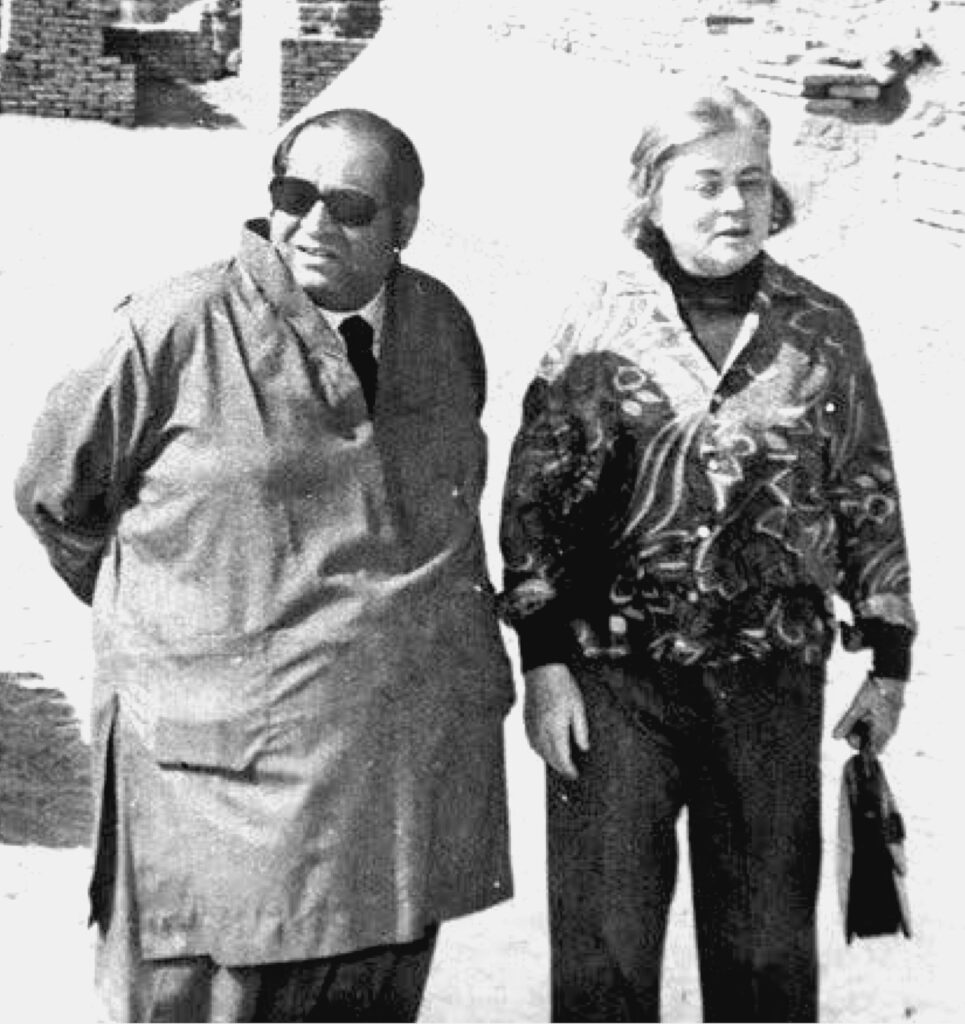
Mohan T Advani, the founder of Blue Star Refrigeration and Air-Conditioning commissioned Piloo Mody to build an ultra-modern residential block, titled ‘Olympus,’ after the home of the Greek pantheon. Mody brought Advani’s vision to reality, creating a self-sustaining ecosystem fit with a washerman, a tailor, seven elevators in two wings, car spots, and a provision store. Vina Mody chose the Vitrum mosaic for the bathroom counters and the tile clock for Olympus’ entrance.
Passing the Architects Act 1972
During his time in the Lok Sabha, Piloo Mody played a pivotal role in passing the Architects Act of 1972. Before this Act, there was no distinction between architects and engineers. However, with the passing of the bill, the architect community and their profession were officially recognised. They were given legal sanctions, protocols, and regulations. The act also streamlined architectural education.
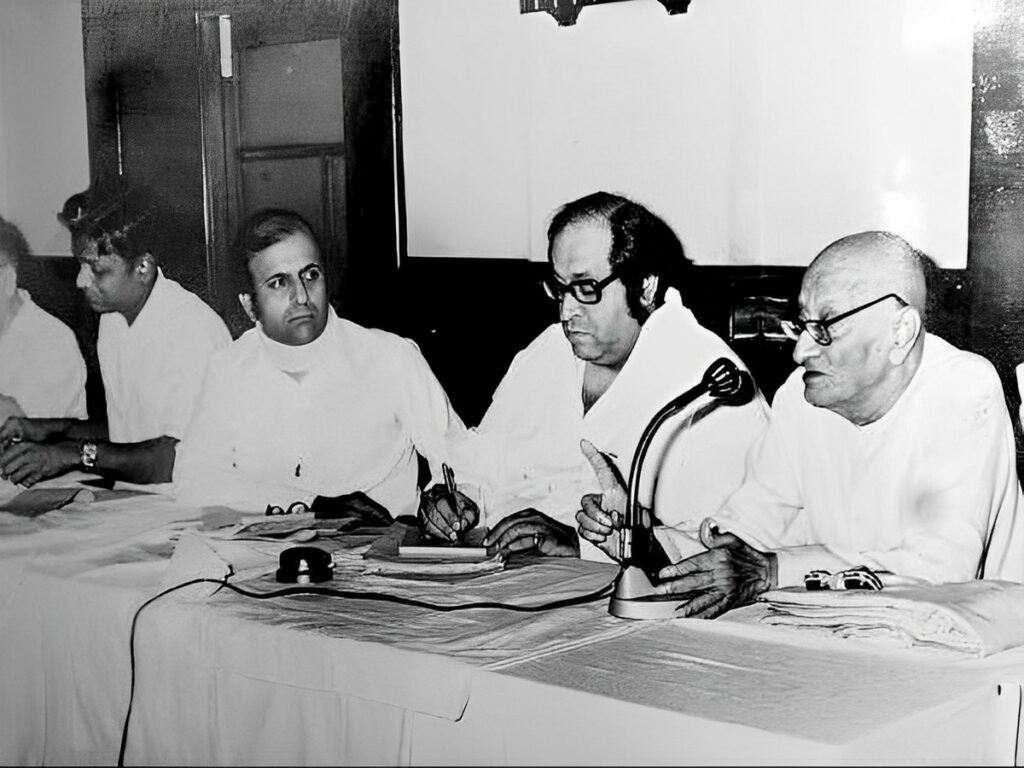
Image Courtesy – India Content
Was Guwahati Ready for Retail Design? Ashish Agarwal’s Journey Proclaims the Answer (Part-1)

